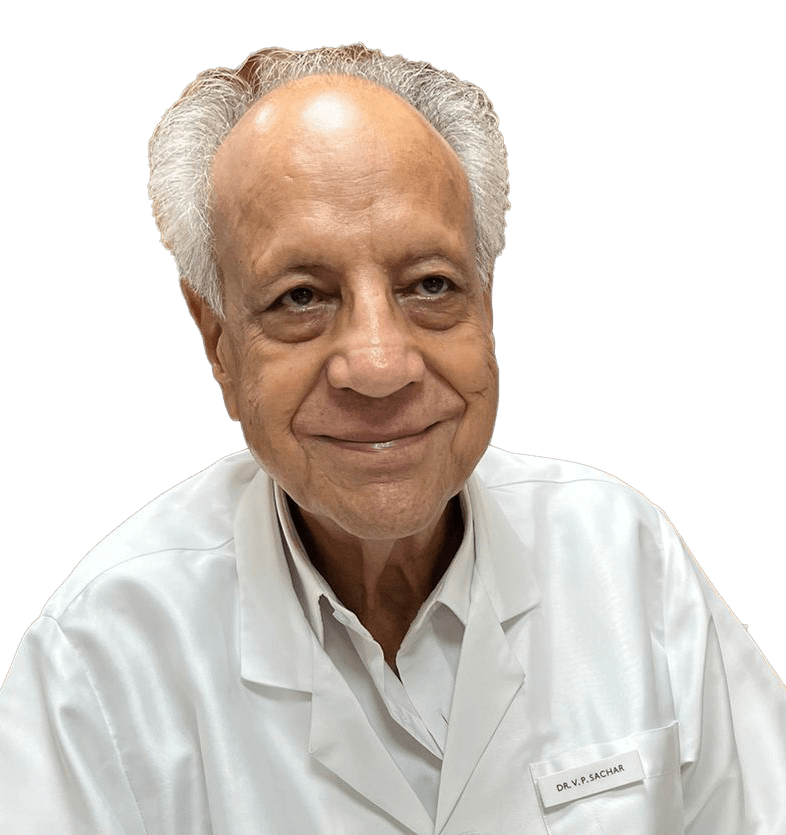 Dr. Vaishno Parkash Sachar
Dr. Vaishno Parkash Sachar
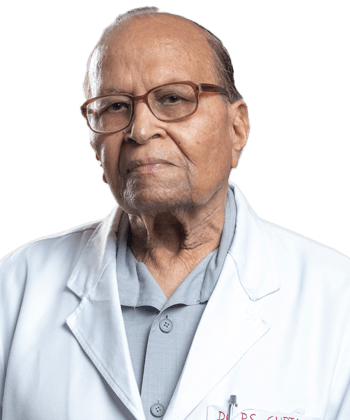 Dr. P.S. Gupta
Dr. P.S. Gupta
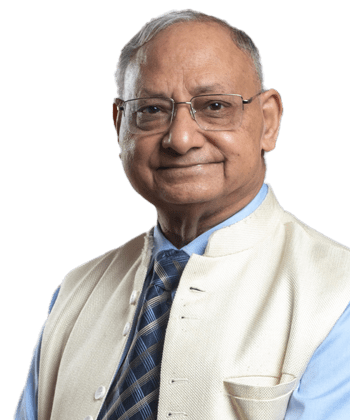 Dr. S.P. Byotra
Dr. S.P. Byotra
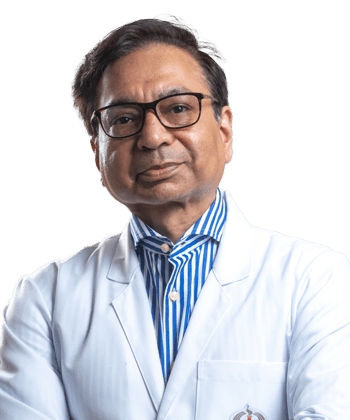 Dr. Atul Kakar
Dr. Atul Kakar
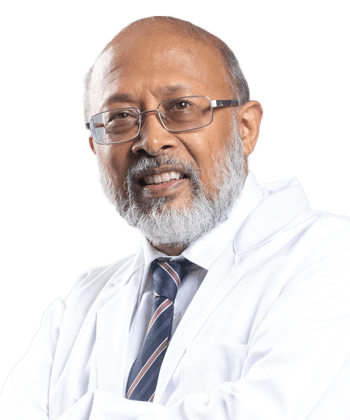 Dr. Sunil Jain
Dr. Sunil Jain
 Dr. P.K. Agarwal
Dr. P.K. Agarwal
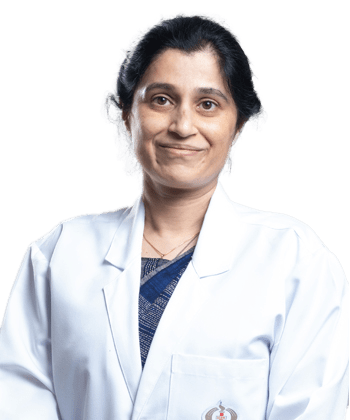 Dr. Pooja Khosla
Dr. Pooja Khosla
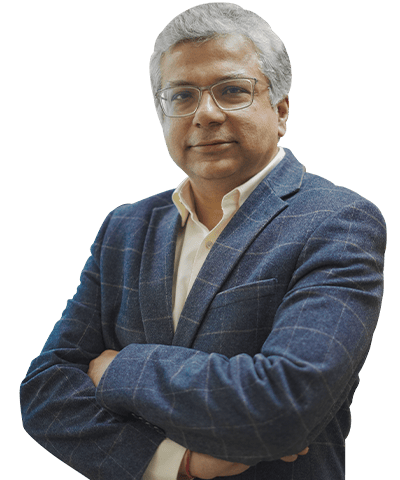 Dr. Atul Gogia
Dr. Atul Gogia
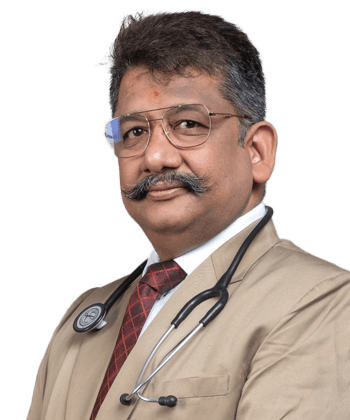 Dr. Ambuj Garg
Dr. Ambuj Garg
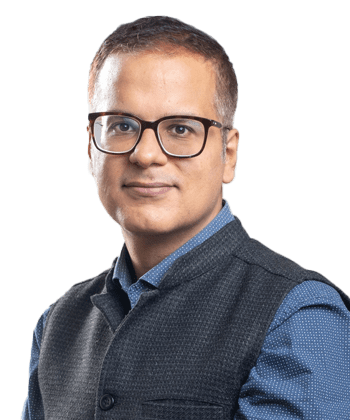 Dr. Kunal Chawla
Dr. Kunal Chawla
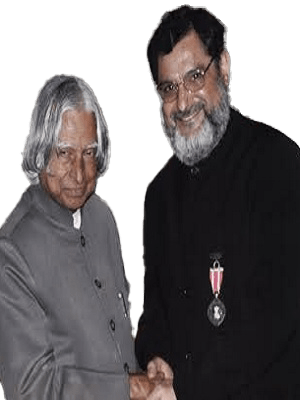 Dr. M. Wali
Dr. M. Wali
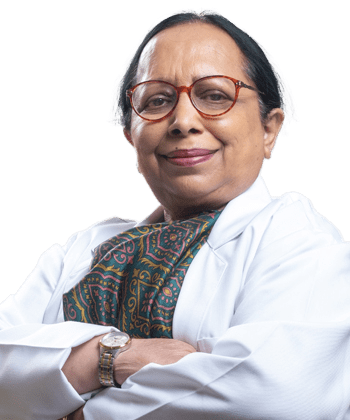 Dr. Richa Dewan
Dr. Richa Dewan
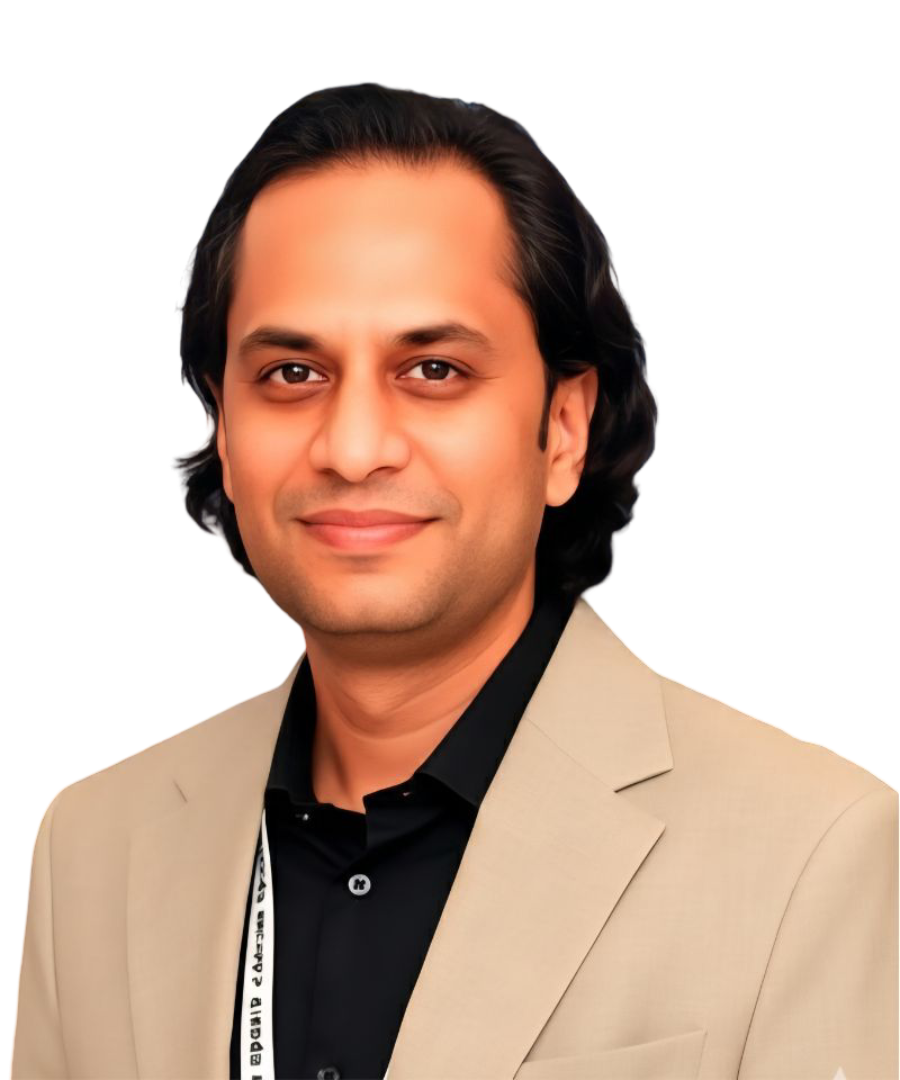 Dr. Rishikesh Dessai
Dr. Rishikesh Dessai
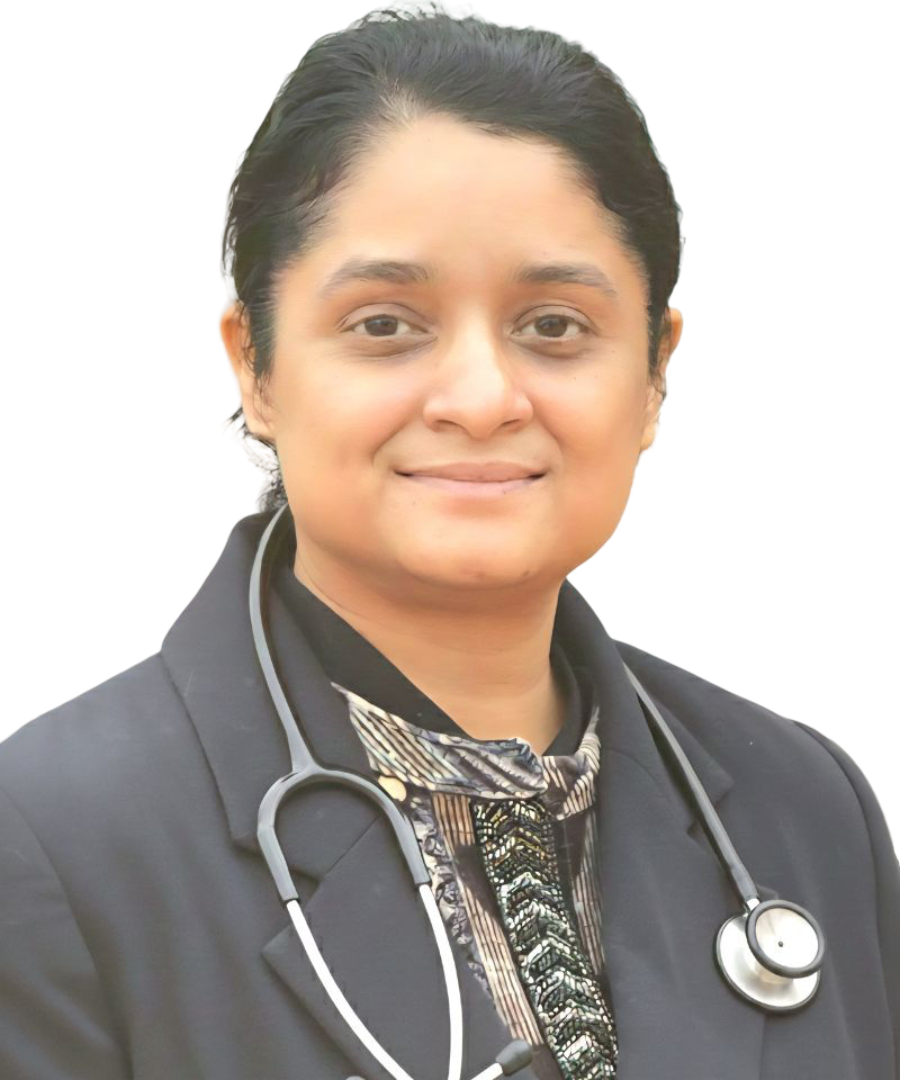 Dr. Vinus Taneja
Dr. Vinus Taneja
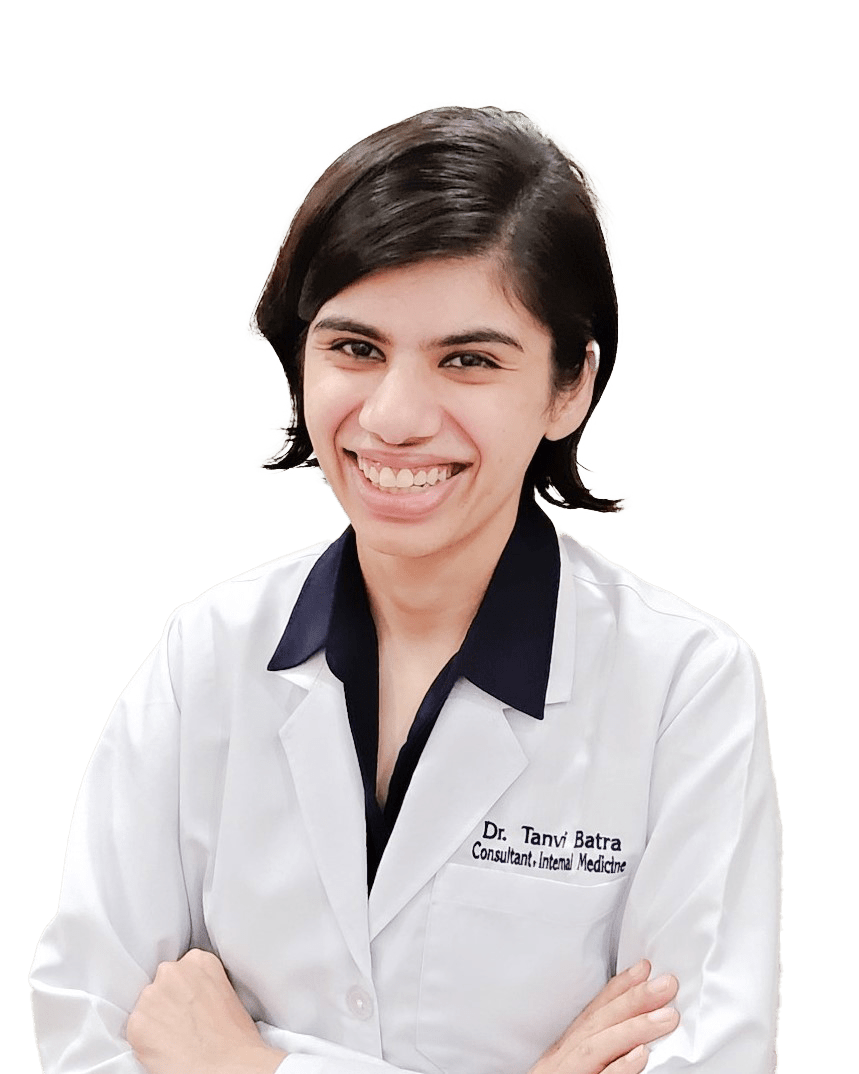 Dr. Tanvi Batra
Dr. Tanvi Batra
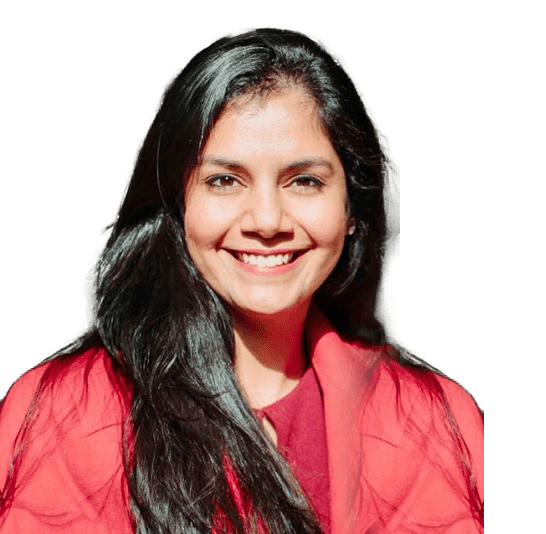 Dr. Anivita Aggarwal
Dr. Anivita Aggarwal
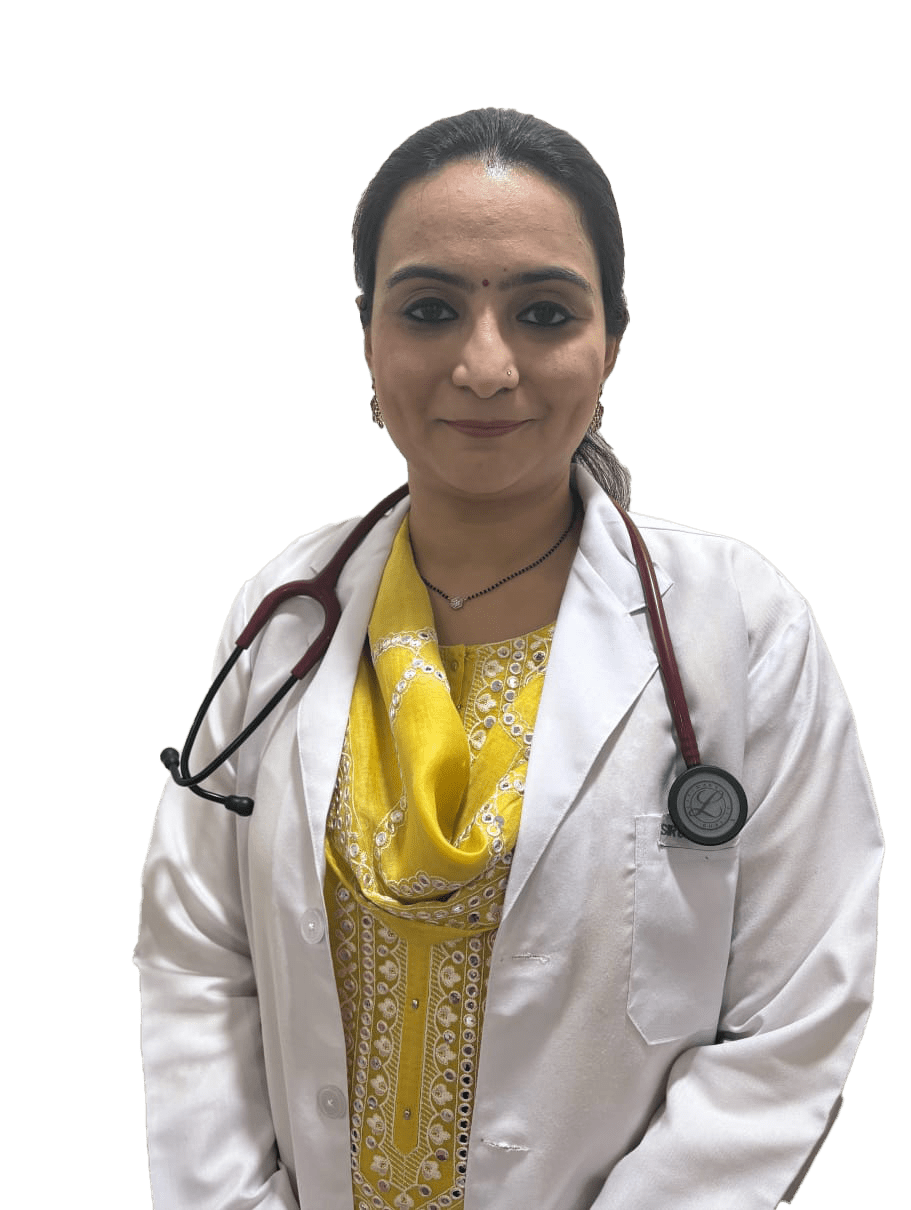 Dr. Shipra Gulati
Dr. Shipra Gulati
The department of Medicine initially covered all specialities till super-specialities like Gastroenterology and Nephrology were created, to which Neurology was added and are now working as full fledged departments. The department continues to have specialities such as Oncology, Respiratory and Sleep Medicine and Endocrinology. It has consultants who are capable of diagnosing and treating complicated medical problem in the fields of diabetes and endocrinology, rheumatology, pulmonology, clinical haematology, medical oncology, infectious diseases, HIV and AIDS and primary immunological disorders.
The department has experienced consultant who supervises comprehensive assessment of Type I & Type 11 diabetes patients for microvascular and macrovascular complications. The work-up includes glycosylated haemoglobin (HbAlc), 24 hour urinary proteins and creatinine clearance, nerve conduction velocities (NCV), echocardiography and carotid intimal thickness. Newer insulin analogues, oral antidiabetics - rosiglitazone, repaglinide, glimepdde and new lipid lowering drugs - statins and fibric acid derivatives are being used. The emphasis is on prevention, early detection and control of diabetes and its complications. The recently started Department of Endocrinology carries out special investigations for checking urinary microalbuminuria, BCA (Body composition analysis) and tests for the assessment of autonomic neuropathy.
The department of Rheumatology & Clinical Immunology runs a rheumatology OPD with advanced laboratory back-up geared to diagnose and treat rheumatological problems such as rheumatoid arthritis, systemic lupus "hematosus, progressive systemic sclerosis, sero negative spondyloarthropathy etc. Joint aspirations and intra articular injections are given on an out patient basis. A large number of patients are on disease modifying antirheumatic drugs (DMARDS) with good results.
HIV positive and AIDS patients are treated in the hospital. ELISA (by three different assays) CD4 counts and viral loads are available for diagnosis, managing opportunistic infections and instituting antiretroviral therapy. The department has a consultant on the panel of National AIDS Control Organisation for national guidelines for anfiretroviral therapy.
The department of haematology is experienced in diagnosing and managing various blood disorders including nutritional and haemolytic anaemias, haemoglobin disorders (haemoglobinopathies), myelodysplastic syndromes, bleeding and clotting disorders. Bone marrow aspirations and biopsies are being routinely carried out at the bed side. Clinical haematology is backed by haematology laboratory
The department of Pulmonology has a senior pulmonologist with his team. It is equipped with the latest machines to carry out various pulmonary function tests and has expertise in giving respiratory support with different modes and equipment. Fibreoptic bronchoseopy and transbronchial biopies are also done.
The department of Sleep Medicine is equipped with a two-bed sleep centre with a polysomnographic machine. Investigations and management of patients suffering from sleep apnoea syndrome and other sleep disorders are carried out.
The department of Oncology has an experienced consultant and has a day care centre to give short term chemotherapy. The Oncology department along with department of Surgery, ENT and Gynaecology orgnises free cancer detection camps in different parts of North India. The Oncology department gives highly specialised chemotherapy for haematology and solid tumours. The department is also undertaking bone marrow transplants.
Since time is crucial for patients with life threatening infections (septicaemia), the department has a back-up of microbiology with its rapid diagnostic culture, techniques (BacT/Alert) which help in the management of patients. Sick patients are treated in the ICU where there are critical care specialists (including anaesthetists) who coordinate with the medicine department utilising state of the art equipment such as respirators, cardiac monitors, pulse oximeters and defibrillators. Assessment of patients and their efficient monitoring is done with advanced blood gas analysers.
The department runs an active teaching programme for the Diplomate National Board postgraduates. All consultants of the Department of Internal Medicine as well as of allied specialities participate actively in the teaching activities. In the post graduate teaching programme the emphasis is on training in services, besides this, regular clinical demonstrations are conducted. Every week clinical meetings and journal review meetings are held alternately. At a given time, there are six postgraduate students in medicine and there is high success rate in the final Diplomate National Board Examination.